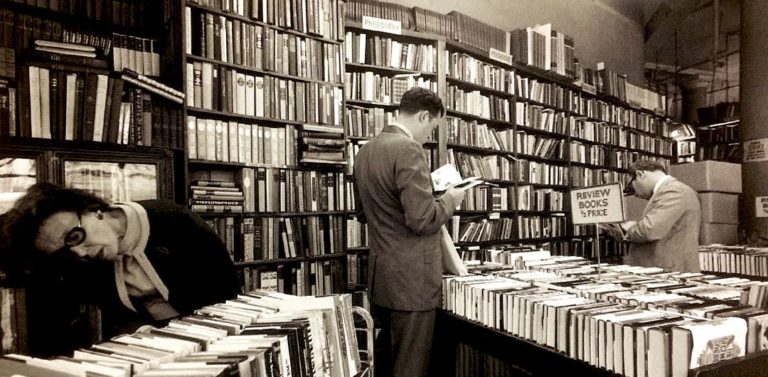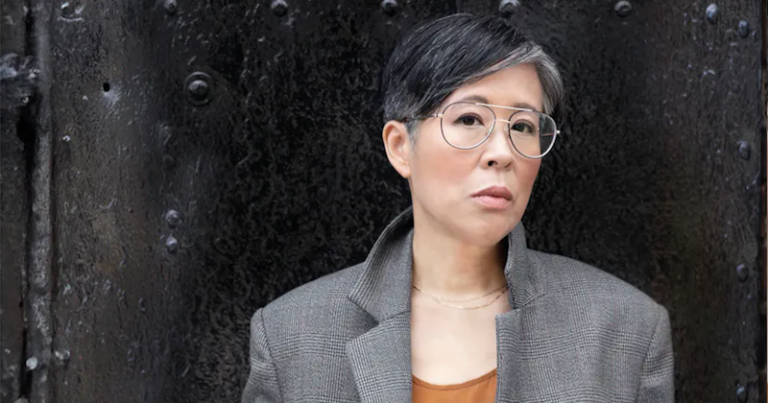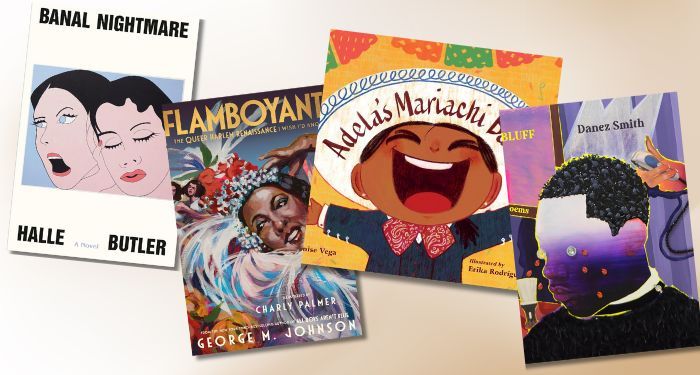
Photo by AVTG / Stock.adobe.com
Translator’s note: Gizella Hervay (1934–1982) is sometimes referred to as the “Ingeborg Bachmann of Transylvania.” Mostly neglected by criticism during her short and tragic life, the poet started publishing in the most important Hungarian-language magazines in Romania in the 1960s. Married to the most important postwar Hungarian-language modernist of Romania, Domokos Szilágyi—who, as it was revealed after 1990, was blackmailed into collaborating with the secret police in 1957 and committed suicide in 1976—and influenced by his writing, Hervay developed an increasingly splintered poetic language that mapped the precarity of creaturely (and, unusually for the time, women’s) existence under the totalitarian regime of mandatory optimism. This poetry of state-surveyed, bureaucratized, corralled-in solitude reached its peaks in the 1977 “oratorio” for three voices, Free Fall (Zuhanások), as well as in the volumes published in the late 1970s and posthumously.
Following their divorce and Szilágyi’s suicide, Hervay also lost their only son, Kobak, aged sixteen, killed in the catastrophic 1977 earthquake in Bucharest. In 1976 she immigrated to Hungary; under the weight of the double tragedy affecting her life, her sense of existential itinerancy intensified. She committed suicide in 1982.
A selection of her poetry, in the English translation of Erika Mihalycsa, will be published in the anthology Under a Pannonian Sky: Ten Women Poets from Hungary, edited by Ottilie Mulzet (Seagull Press, 2025). The following poems are from Lódenkabár Keleteurópa szegén (1983; Loden coat on the hook of eastern Europe). – Erika Mihálycsa
Barefoot in flaming snow (Lángoló hóban mezítláb)
hollow-bellied homelands we grey one hair at a time
stray goats graze the zebra crossing clean
their goatee soaks in every puddle
above deserted rooftops
a man with wide-open arms
the wind hands out declarations of war
knives stick out of the piglets’ backs
under gap-toothed ads humility
oozes from thickly made-up women
Judas wears silk ruffle shirt
Mary queues up for a manger
Joseph in sawdust up to his loins
sawdust is general it faintly falls
we alone are not asleep
stretched out covered with each other
Going home would be best (Legjobb lenne hazamenni)
for postmortem interrogation
to sit in the grilling chamber
illiterate illiterate
if only someone would call me
I’d start out, grass in mouth, from anywhere*
if only someone would come
I’d go home straight under the ground
In the room torn in half (A kettéhasított szobában)
the landscape on the wall was left intact
on the table a glass full of water
and one plate torn in half
on the bed torn in half
a pillow with dimples of three heads
we saw music oozing
from the piano keys
Translations from the Hungarian












 Bengali (Bangladesh) ·
Bengali (Bangladesh) ·  English (United States) ·
English (United States) ·